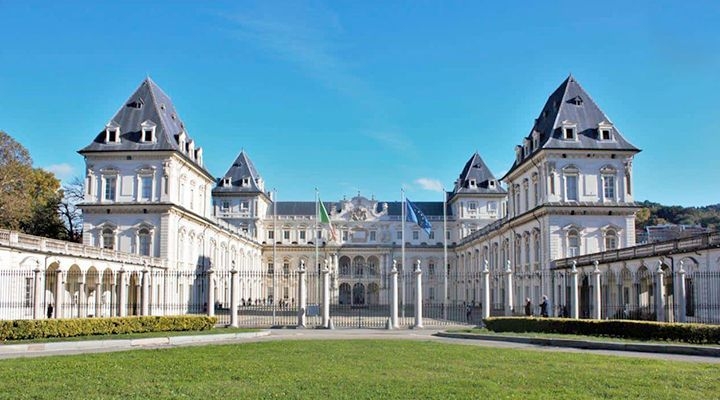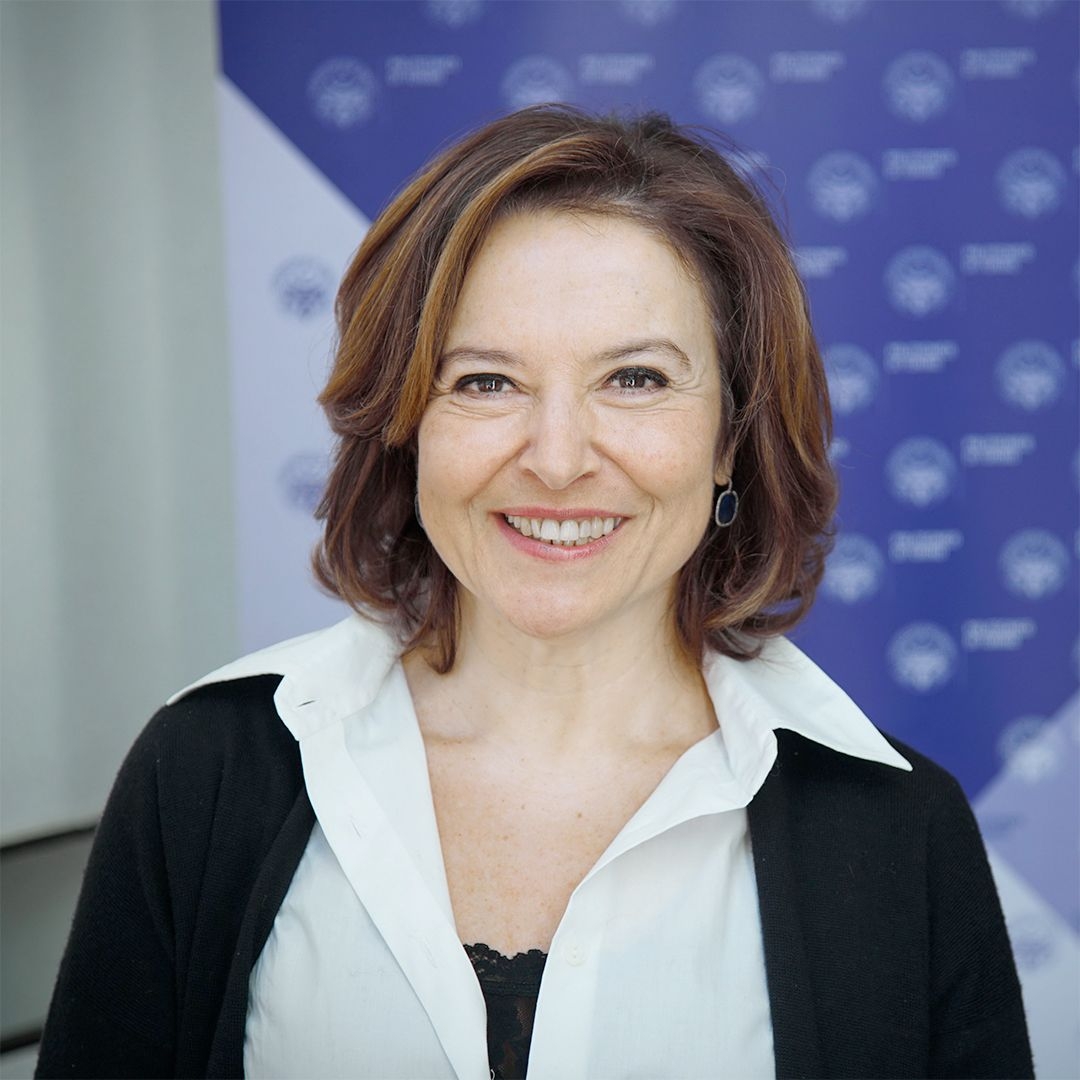

In 1859 Valentino Castle (Castello del Valentino) was given to the Technical School for Engineers, nowadays Politecnico di Torino, which owns the Castle

Prof. Patrizia Lombardi - Full Professor in "Decision making for sustainable development goals" and Deputy Rector of Politecnico di Torino
Politecnico is a research-led university whose primary objectives are the enhancement of technological and scientific research capabilities and their integration into a higher education framework. Its activities are rooted in the production, attraction, conservation, development and transfer of knowledge in the fields of architecture, engineering and other polytechnic sciences. Its role extends to enhancing the development of society through the transfer of technology and services to the community.
Politecnico undertakes fundamental and applied research; it co-ordinates and develops research projects, both at an international and national level; it encourages the acquisition of the most advanced scientific and technical knowledge and enhances the expertise existing within Politecnico itself and the specific research skills required in different scientific fields; it actively searches for and supports strategic research sectors and the development of interdisciplinary activities.
Politecnico provides courses at all university levels; it defines the characteristics, delivery and contents of its degree programs; it aims to consolidate and enhance its education system through innovative teaching models; it also develops and implements programs and projects at advanced levels, as well as for lifelong learning and professional development; it rewards students on the basis of merit criteria.
We are one of the founding members. The role of Politecnico di Torino is fundamental to support the Advisory Board and the activities of the Working Groups of the Global Alliance for Sustainable Energy as is an over-the-party body with good relationships with the institutions and all stakeholders; besides, Politecnico di Torino is involved in the International Organization for Standardization, European Directives, national policies and international research projects, sometimes with a coordination role.
Since 2015, the Politecnico di Torino has had a dedicated team, called the “Green Team”, an internal group of professors, students, administrative staff and researchers that encourages Politecnico di Torino to face environmental and social challenges. This team is set to guide Politecnico di Torino towards the university sustainability mission, as stated in the strategic plan Horizon 2020: a global integration of sustainability in university research, teaching, information and activities that prepares students, the faculty and staff to be leaders in sustainability in professional, personal and civil life.
Turin is a city and an important business and cultural center in the North-West part of Italy, near France and Switzerland. It was the first Italian capital from 1861 to 1865 and became a major crossroad for industry, commerce and trade with Milan and Genoa. The city is surrounded by the Alps on the western side, by the hills on the eastern side and is crossed by four rivers. The population of the city is about 850,000 and reaches 2.2 million inhabitants considering its Metropolitan area.
Campuses of the Politecnico di Torino draw inspiration from the structure of Anglo-Saxon ones, with multipurpose buildings for teaching, basis and applied research and services to the students in Turin, and a regional network of technological centers (Alessandria, Biella, Mondovì, Verrès), dedicated to research activities, technological transfer, specialist education and services to the region.
The historical and representative base of the Politecnico is in the town, on the River Po: the Castle of Valentino, a House of Savoy of the 17th Century. It is the main teaching campus for Architecture and has an area of 23,000 sq. m.
The big complex in corso Duca degli Abruzzi – with 122,000 sq. m., the main campus of Engineering – was opened in 1958 and it is completed by the Cittadella Politecnica: a modern complex of 170,000 sq. m. adjoining to the main building, including areas dedicated to students, research activities, technological transfer and services.
The newest campus is the Design and Sustainable Mobility Citadel, in an area adjoining to the manufacturing establishment of Mirafiori, Fiat manufacturing facility which has been remodeled as well as the Lingotto building, which hosts the Master School.
The result is a clear responsibility to work to the benefit of the economy, society and policy-makers at territorial and national level, by affecting the local development; adequate resources will be asked with this aim.
